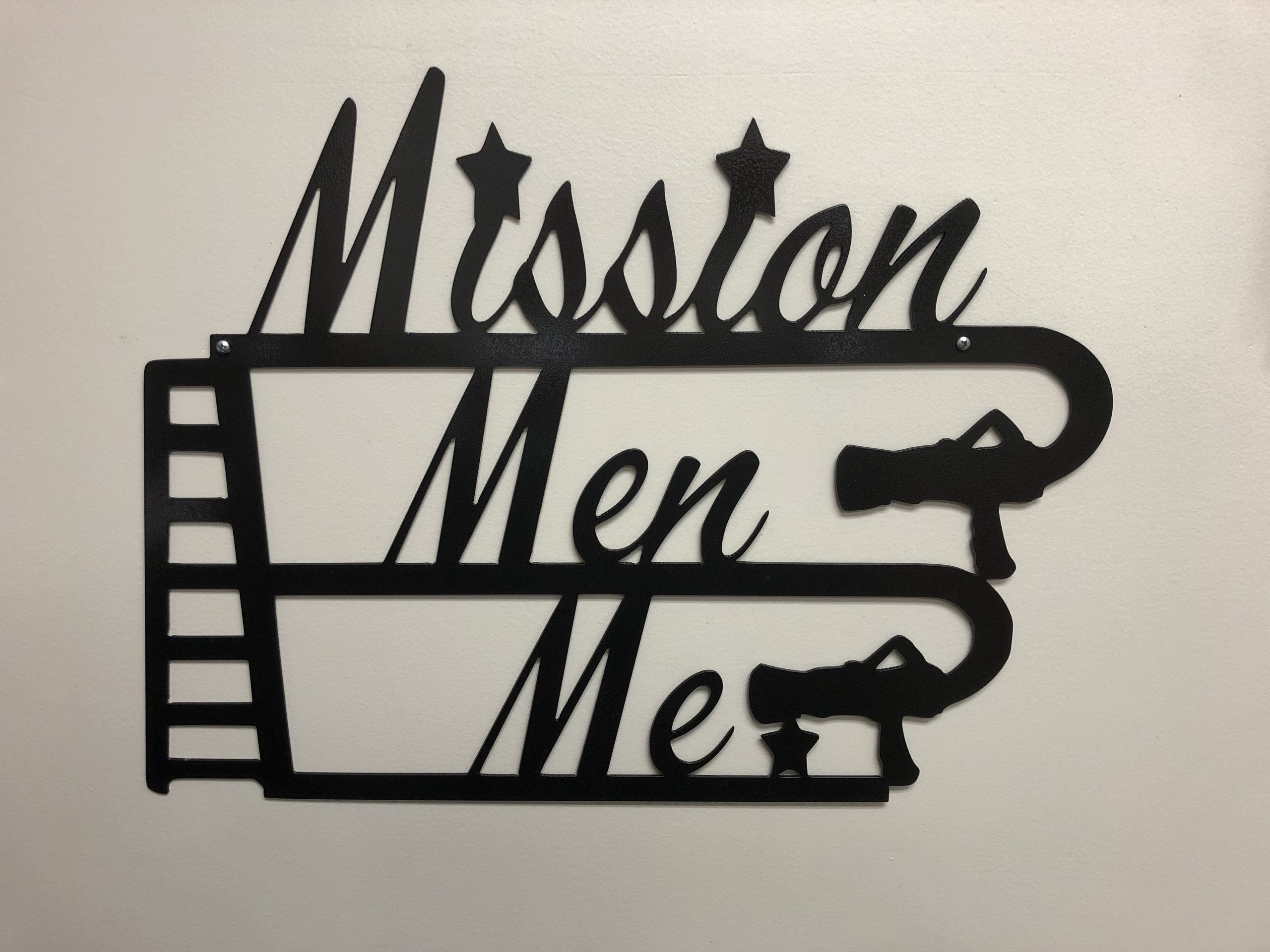The Importance of Self Care
As a leader of an organization, your main priority is the care of your people. If they feel valued and cared for loyalty goes a long way in production and commitment. Great leaders go out of their way to make sure that their employees, beyond their compensation package, are getting enough personal care. Examples would be things like rest if they are on the road, staying in the right facilities, have enough vacation, a qualified health care plan, employee assistance, etc.
I believe that most vocations you enter into require a cape when you’re dealing with people. The cape symbolizes the God-given ability for you to know how to help in almost impossible situations.
Your goal is to make sure that you put the other person first. A friend of mine gave me a wall hanging that I look at every morning when I walk into my office. It has three tiers.
- The first tier is the mission
- The second tier is the man
- The third tier is me
It originally came from Major General James E. Livingston, a Medal of Honor recipient, emphasizing don’t lose sight of the mission.
However, he emphasized that they weren’t mutually exclusive and were intertwined. He felt that the mission was key, but the leadership needed to take care of themselves in the process. I think the problem with leadership often is people confuse being a selfless leader with being a leader that doesn’t value their own health and safety.
A God Day
I speak from experience here that I’m not very proud of. Over the last 20 years almost annually, I would end up very ill for a 24-36 hour period. It would certainly appear to be the 24-hour flu, and I’m sure in some cases it was. My wife Eileen always referred to it as my God Day.
She would explain it that I wasn’t smart enough to take my foot off the pedal and take care of myself, and; “God knocked you on your ass so you’d have to spend the day recuperating.”
As I get older, sometimes that day leads into two days. I used to dread her look when she would peek into the bedroom after I called in sick without saying anything, and I knew oh boy this is a God day!
If you don’t get there safely, you can’t help anybody
When I began to learn to drive emergency vehicles, I had never driven a manual shift vehicle, and now I was trying to downshift driving a 100-foot aerial ladder truck and literally burning out clutches and grinding gears.
I had a very patient Captain who said to me, “Kenny, if you don’t get there safely, we can’t help anybody, so concentrate on being safe, not fast.” I have always remembered that advice because it’s also true in terms of leading your organization.
If you are not healthy in mind and body, it’s impossible for you to make the best decisions to enhance the well-being of your employees, as well as to meet the mission of your organization.
No one has violated this edict any more than I have. My wife would always know when I had a very difficult Monday night board meeting by looking in the garbage can on Tuesday mornings. If there was an empty bag of Ruffles potato chips, an empty container of onion dip and a small container of chocolate ice cream; I had had an incredibly stressful board meeting. On the other hand, if she looked in the garbage can and it was empty, I might have hired three more people, bought a $1 million ladder truck, and not only built another station but named it after myself.
Growing up, food was a safe haven for me. You can picture being in fourth grade, very overweight and your name is Pat, it gets a little ugly being fat Pat! The truth of it is for many people, food becomes a sedative to the anxiety, and that is no different for me. In the long run, that is not helpful or healthy for my organization or me.
DON’T WAIT FOR THE ENGINE WARNING LIGHT
Ideally don’t wait for the engine warning light to come on to start with a self care plan. When your red light goes on like the engine warning light in your car, what does it mean? If it means you need:
- More rest
- You need to eat better
- You need to exercise
Or whatever your stress reliever is, don’t ignore your light and hope it goes away. Instead, heed the warning and take care of it with the same immediacy you would if one of your people was in trouble.
Truly by making sure you can physically and mentally respond to your employees enhances not only the success of the organization but also your personal gratification for the job you do.
We read too many stories of somebody who retires and three or four years after he or she leaves their very stressful profession, they die suddenly of a heart attack. That’s not a coincidence, and while it may not be completely avoidable based on heredity, we can control a lot of those factors if we truly believe in the three-tier equation and occasionally put me above men and the mission.

